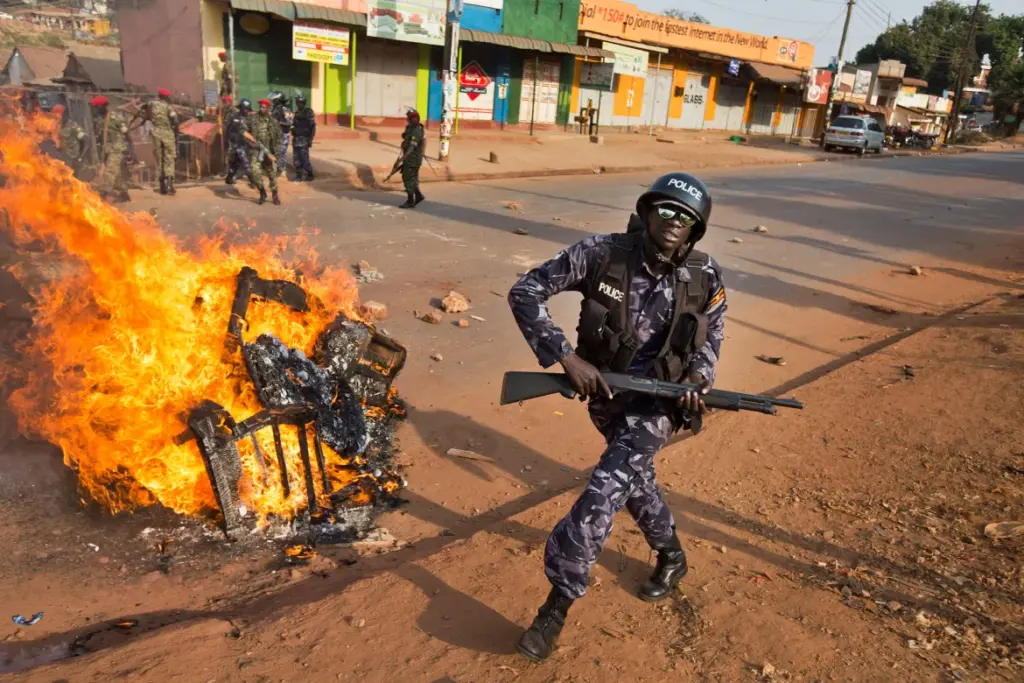By Bill Dan Arnold Borodi
In Uganda’s growing multiparty landscape, party primaries have become the first and most important test before general elections. They decide who carries a party’s flag and, in turn, determine the leaders who later represent the people.
So why do contestants feel these internal contests are so important? Why are they a do-or-die matter for many politicians? Why have they over the years become more competitive and volatile?
Dr. Stella Kyohairwe, in her study “Challenges and Consequences of Managing Primary Elections in Emerging Multiparty Democracies”, argues that primaries are not just party matters but the foundation of credible governance.
According to Dr Kyohairwe, the process of primaries is meant to select competent candidates with knowledge, integrity, honesty and skills to improve policies and service delivery.
Her research, based on interviews from Uganda’s 2016 primaries, highlights failures such as ignoring procedures, fusing party structures with local councils, and the rise of “money culture.” These weaknesses, she warns, produce poor policies, weak party unity, and unresponsive leaders.
Best foot forward
According to Vice President Buganda region of the Democratic Party (DP) Hon. George Kagimu Fred, in a multiparty system, under which Uganda operates, primaries are important because different parties will have to bring their best candidates for the national elections.
“You will expect internal competition and each party will have its own way of doing it as reflected in their constitution and policies,” he says.
“Even before primaries, the first thing should be harmonisation within the candidates. Primaries should come second,” Allan Hon. Mawanda the Speaker of Mukono Central Division and Democratic Front CEC and NEC member says.
Ronald Seku Mugerwa, a political analyst and member of the National Resistance Movement (NRM) Mugerwa praises the party’s grassroots primaries model where voters line up behind candidates.“The people who will vote you into office, who are down in the villages, say A is better than you,” he explains. “That way, leaders are chosen by the people and ensure party-sponsored candidates get exclusive use of symbols and colors on the final ballot.”
Opposition’s say
On the other hand, opposition figures criticise NRM’s approach as chaotic and money-fueled.
Richard Kasiriivu Lugolobi, the National Unity Platform (NUP) Registrar for Mukono Municipality, describes NUP’s process as more civilised, “An interview panel vets candidates on party values and local knowledge. We expect a person to know the core values of the party, to know the number of parishes in a village he seeks to represent,” he says.
“Results come via email after vetting, avoiding the violence seen in NRM primaries,” he adds.
“NRM primaries show that these people need to leave this country. If a father has failed to control his home, do you expect him to be a good village chief?” Lugolobi asks, referring to violent scenes that were witnessed in places like Lwemiyaga and Kamuli.
Sulaiman Mayega Makanga, a NUP election officer in Ntaawo ward, Mukono Municipality, adds that the NUP takes part in two phases, vetting accounts for 40%, while 60% is from ground checks. “We do random interviews with voters testing groundwork and investigate what a candidate has done in the dark and this is done by an independent Election Management Committee (EMC) from the party headquarters,” he says.
Politics of money
“You can see through the NRM primaries, that people winning are those who have the money not ability,” Mayega adds. When presented with these allegations, Mugerwa admits money’s role in politics.
“What has killed the politics of today, people get bank loans, sell property, they bring money,” he says, adding that there has been a shift from merit-based voting in the past where candidates debated and faced questions publicly to today’s cash-driven contests, leading to “semi-illiterate” representatives. “This is not only in NRM but also other parties, as well,” he says.
However, Mayega dismisses bribery allegations within the NUP process, “People will always talk but can you bribe someone you don’t know?” he asks, “Who you have met 20 mins before they vet you?”
According to Mawanda, “The NUP process is just a selection on allegiance. I’m seeing Bobi Wine, bringing his loyalists closer to him,” he says. He also believes that the NRM primaries are simply “a façade for rigging preparations come the general elections in 2026.” He says that the DF uses a different model, relying on branches to endorse candidates, an approach that prioritises quality over quantity.
We return the power to our branches where you will lead. We are interested in quality, not quantity,” he says.
Both Mawanda and Kagimu are of the view that Uganda’s multiparty system is malfunctional because after losing in the primaries, politicians continue to the ballot as independents instead of rallying behind the candidates chosen by the party as a unified force. Kagimu further urges that sensitisation needs to be done to educate our people on how political parties operate.
As Uganda approaches elections, primaries test not just candidates but systems. Dr. Kyohairwe warns that without strong and fair primaries, Uganda risks producing leaders who lack competence and integrity. Will these parties produce honest leaders, or perpetuate cash kings and chaos?


